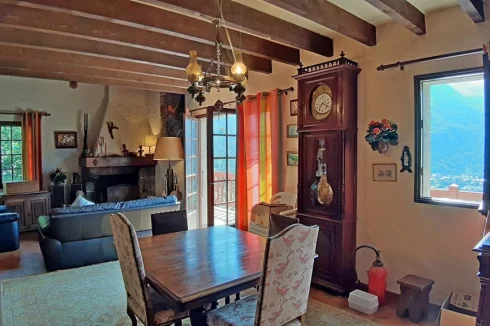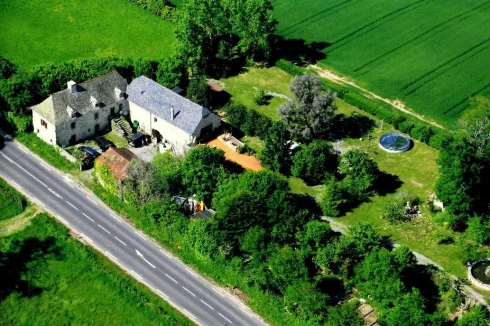French Standard Tenancy Agreements
Tuesday 04 August 2015
The welter of controls on landlords in France continues, with the publication last month of new regulations governing the content of tenancy agreements.
Before we summarise these changes it is perhaps as well to state at the outset that, although these new controls cover both furnished and unfurnished accommodation, holiday or other short-term rentals are exempt.
Only where the property is the principal home of the tenant will landlords be bound by the regulations.
In essence, what the government have done is to impose a new standard form of tenancy agreement, incorporating substantial new obligations and controls on landlords.
It is the outcome of enabling legislation passed in 2014, called the Loi Alur, which set out a new legislative framework for the private rented sector and the planning system.
In a décret published last month the government set out the standard tenancy agreement that landlords will be obliged to use for new tenancies commencing 1st August 2015.
A great deal of it is as might be expected and which is already contained in many other standard forms of agreements on the market.
However, significant new points are:
- the duration of a furnished letting is tacitly renewable;
- the right of the tenant to give only one months' notice, rather than two;
- the obligation on the landlord to give three months' notice;
- the surface area of the property must be specified;
- the amenities in the property, including telephone and internet must be specified;
- the works carried out to the property since the last letting must be specified;
- the level of the rental of the previous tenant must be specified;
- the rental deposit is capped at a maximum of two months' rent for furnished accommodation and one month for unfurnished accommodation;
- the rental/damage deposit must be returned to the tenant within one month of termination of the tenancy, not two as is currently the case, provided no defects are found when the tenant vacates.
Some of this information is to be contained in an annex to the agreement itself, the details of which have also been set out in the regulations.
Landlords and tenants will be permitted to include their own additional clauses in any agreement, provided they are consistent with the law.
Further regulations are to be published setting out the process for pre and post tenancy inspections (état des lieux) and the list of documents that the landlord can demand from a prospective tenant.
It is clear from the extent of prescription that landlords will need to be take far greater care in the manner in which they set up long-term tenancies, with the likelihood that professional support will often be required.
Back To: Who Pays What for French Property?
Thank you for showing an interest in our News section.
Our News section is no longer being published although our catalogue of articles remains in place.
If you found our News useful, please have a look at France Insider, our subscription based News service with in-depth analysis, or our authoritative Guides to France.
If you require advice and assistance with the purchase of French property and moving to France, then take a look at the France Insider Property Clinic.





